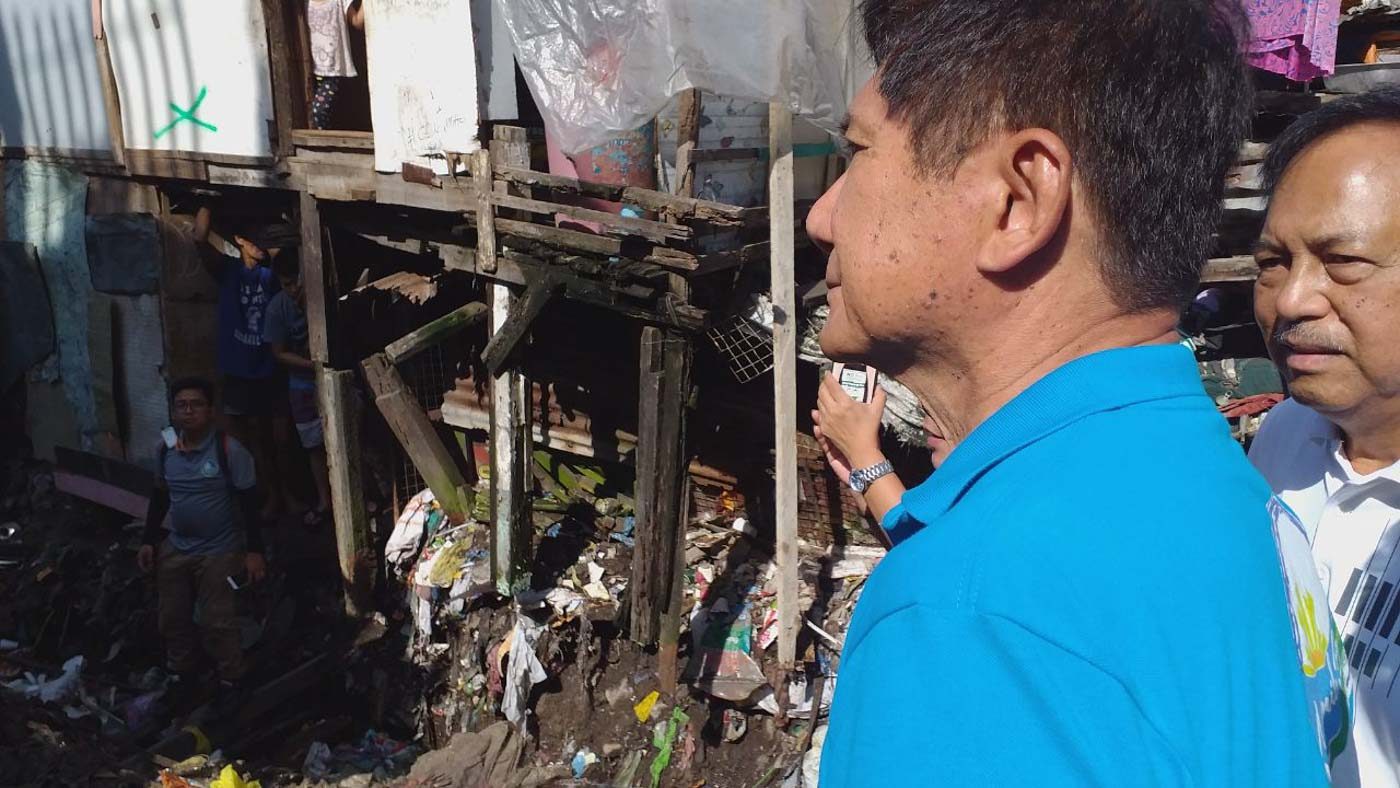SUMMARY
This is AI generated summarization, which may have errors. For context, always refer to the full article.

MANILA, Philippines – SM Prime Holdings Incorporated signed a memorandum of understanding with the Department of Environment and Natural Resources (DENR) and the cities of Pasay and Parañaque to help clean up waterways.
On Tuesday, April 2, SM Prime agreed to collaborate with the government amid the rehabilitation of Manila Bay and its tributaries by adopting the Parañaque River and Estero de Gallina.
Company president and executive director Jeffrey Lim said they will initially clean up the solid waste in these two bodies of water before working on the budget and timeline for the collaboration.
Environment Secretary Roy Cimatu said SM Prime will be sending its own personnel and equipment to extract the garbage from the river and estuary. (READ: Cleaner rivers, estuaries seen within 2019 – Cimatu)
“We will also coordinate with them [on where] they will throw their [extracted] garbage, because this will still have to be treated. This will be undertaken anytime this week,” Cimatu added.
Last year, the coliform level of Estero de Gallina was at 92 million most probable number (mpn). Just last January, the coliform level went down to 11 million mpn.
Pasay City Mayor Antonino Calixto said they have already put out initial notices, warning establishments not to dump untreated wastewater into the estuary. (READ: Gov’t goes after more businesses polluting Manila Bay, waterways)
But Cimatu said there are still “several establishments that release their wastewater [into] the Parañaque River, coming from Pasay and Parañaque.”
“This will now be the effort of the DENR – [to look] for these non-compliant establishments because they are throwing their wastewater na hindi (that is not) properly treated,” he added.
The DENR aims to improve the water quality to Class C, with a coliform level of 200 mpn. Class C means that the water can be used to propagate fish and aquatic resources.
The DENR has been partnering with other private firms such as San Miguel Corporation, which adopted the Tullahan River last February. – Rappler.com
Add a comment
How does this make you feel?
There are no comments yet. Add your comment to start the conversation.